Terry Sullivan 1948 – 2022
Terry Sullivan was born on July 17th 1948 – 12 days after The NHS came into operation; it guaranteed free health care from the ‘cradle to grave’ with treatment offered according to medical need rather than the ability to pay. As a life long Trade Unionist, Terry understood that his parents generation had to fight for the NHS and knew that, in the words of Nye Bevan, “Our NHS will last while there are folk left with the faith to fight for it”. Sadly Terry has left us at a time when the new NHS privatisation bill is waiting royal assent. He was an NHS baby and enjoyed his entire life when universal health care was guaranteed by law.
In his later years Terry benefited from an NHS that treated his cancer. I remember him describing the “marvellous” treatment he received at St Bartholomew’s Hospital. An experience and hospital we both shared.
I first met Terry at a Labour Party meeting held in the former Bethnal Green Town Hall in Patriot Square. The building has now been turned into an upmarket hotel reflecting the gentrification that has blighted the East End in recent decades. Instead of public services and debate the Town Hall now offers “A relaxed post-work cocktail or a pre-dinner aperitivo”. I’ve never shared either of those drinks with Terry but I remember sharing many a pint with him at the ‘Approach’ pub a short walk from the town hall. Indeed I think I’ve shared pints with him in many different pubs around the East End! Terry had a difficult relationship with alcohol and mentioned it to me, in the pub, on a number of occasions.
I was fortunate to be elected to Tower Hamlets Council at the same time as Terry. We were both used to campaigning outside the Town Hall against the cuts rather than being ‘on the inside’ in the Council Chamber. Naturally we became political soulmates and supported each other. Terry was often a speaker representing the Transport & General Workers Union (now Unite) in some disagreement with Tower Hamlets Council. It was not uncommon to see him with shop stewards like John Peters on a platform with fellow Trade Unionists lambasting Councillors as they arrived at the town hall for a Council meeting.
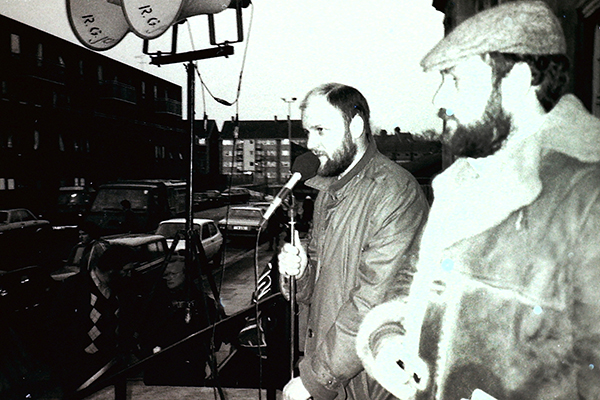
The 1980s was an interesting time politically for a newly elected Councillor. Unfortunately Labour was not in control of Tower Hamlets but the party membership was acutely aware of the growing battle between Labour Councils and Margaret Thatcher. As a supporter of the Militant newspaper Terry believed it was the job of Labour Councillors to fight the cuts rather than implement them on behalf of the Tories. There was little chance of this happening in Tower Hamlets as the Liberal democrats had overall control. In opposition Terry never tired of reminding the Council leadership that they were stooges for the Tories.
In 1983 six months before the general election, Margaret Thatcher was at rock bottom in the polls. Nevertheless, thanks to the jingoism that accompanied the Falklands war and the formation of the right wing Social Democratic Party (which helped to divide the traditional Labour vote) she was re-elected. This was the signal to the ruling class to take back all the gains made since the 1945 Labour victory.
Terry Sullivan was elected a Councillor in 1986 and was on board for the agreed Labour party conference policy for all Labour controlled local authorities to support a campaign of opposition to Thatcher and the cuts in local authority expenditure. Previously in 1984 Ken Livingstone declared his support for a policy of outright opposition to the Thatcher government. As things turned out Livingstone’s declaration was not matched with deeds. I recall a flying visit to Tower Hamlets by Livingstone in 1985 to commemorate the victory of Poplar Councillors who ended up in jail for refusing to set a rate in order to protect the poor. By this time Livingstone had caved in and a legal rate was set by the GLC and the crowd assembled to hear Livingstones words were annoyed with him.
Under the leadership of George Lansbury Poplar council was faced with the prospect of a huge increase in the rates but decided to hold them down by not collecting the precepts. The councillors clashed with a decision of the High Court ordering them to implement the rate increases. Instead they organised a procession of thousands of supporters under the banner reading “Poplar Borough Council marching to the High Court and possibly to prison”. Thirty councillors, including six women were sent to prison for contempt of court. Under the leadership of George Lansbury the councillors adopted the slogan “Better to break the law than break the poor”.
The Poplar revolt received wide public support. Lansbury addressed crowds that regularly gathered outside, through the prison bars. Neighbouring councils threatened to take similar action. Trade unions passed resolutions of support and collected funds for the councillors’ families. After six weeks’ imprisonment, the court responded to public opinion and released the councillors.
Never fearful of speaking the truth Terry Sullivan spoke immediately after Ken Livingstone’s speech and reminded the crowd of the slogan of Poplar Councillors: ‘Better to break the law than break the poor’. This slogan was later embraced by the 47 Liverpool councillors who stuck by the decision of opposing cuts. In the end they were the only council to succeed in extracting extra funding from the government. I remember thinking after Terry spoke what a shame it was that Livingstone missed Terry’s excellent contribution!
As a Trade Unionist who knew the value of solidarity Terry threw himself into the campaign to support striking miners. Bethnal Green and Stepney Labour Party twinned with the Kiveton Park colliery in South Yorkshire. Albert Bownes the NUM secretary of the colliery visited Tower Hamlets and spoke at a number of meetings Terry helped to organise. He was instrumental in collecting food and money for the striking miners and their families.
I remember travelling with Terry and Sue Carlyle to Kiveton Park in 1984. We took with us food, money and supplies donated by people from Tower Hamlets.
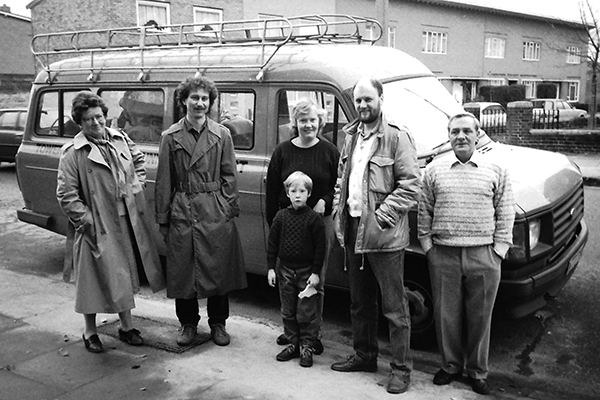
The day after our visit miners from Kiveton went to Orgreave. Since then the Orgreave Truth and Justice Campaign was established. The campaign includes ex-miners, trades unionists, activists and others who are determined to get justice for miners who were victims of police lies and cover ups at Orgreave in June 1984.
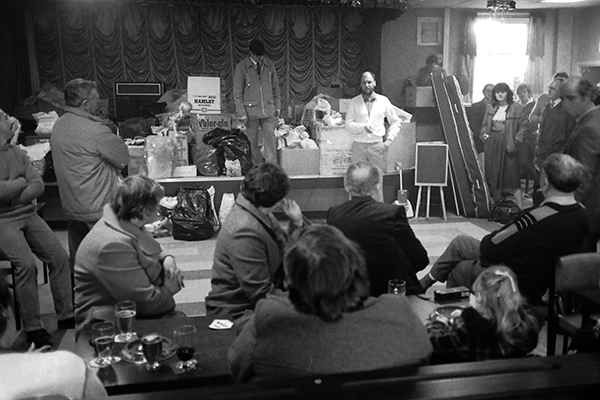
The miners strike began in 1984 when the then Prime Minister Margaret Thatcher broke an agreement with the NUM and decided to shut down Cortonwood colliery in Yorkshire. From the outset Terry Sullivan threw himself into the campaign to support the miners. Thatcher was a powerful warrior for the ruling class and wanted to break the NUM and had built up oil and coal reserves to mitigate the impact of any strike by miners in opposition to pit closures. Arch strike breaker Ian McGregor, who made a career out of attacking Trade Unions, was made chairman of the National Coal Board to break the NUM. The strike led by Arthur Scargill drew support from rank & file trade unionists & communities across the UK. Labour parties twinned with individual pitts. At the time Terry was a member of Bethnal Green & Stepney Labour party and we twinned with Kiveton Park colliery in South Yorkshire. Miners from Kiveton joined us as we collected money for striking miners and their families during the strike. Each Saturday Terry would stand outside the supermarket in Watney Market and collect money and food for Kiveton Park as well as handing out leaflets. Once we had enough food we hired a van and drove to South Yorkshire with the food and money. The hospitality we gave the miners when they stayed with us in the East End of London was reciprocated in Kiveton. We were entertained, and educated about the real meaning of struggle.
The miners were really up against the forces of the state. The police were retrained to break strikes and given extraordinary powers. Picket’s cars were stopped and turned back. Villages and districts were cordoned off. The president of the NUM Arthur Scargill was demonised by the press and media. Just as, in recent times, Jeremy Corbyn was demonised by the mainstream media.
Ultimately the miners were defeated but I think in one sense they were victorious. Terry Sullivan always made the point that the Tories were diverted and stopped in their tracks for a year. Women were liberated and became central to every aspect of the management of the strike. That included standing on picket lines. Attitudes changed.
The solidarity that exploded during the strike gave us a glimpse of the way the world could be organised. The strike lasted as long as it did because of co-operation between different communities. Terry understood that Trade Union rights were the human rights that the state was trying to destroy. He understood that Socialism was the alternative to Capitalism. During the strike he lived and breathed the oxygen of solidarity and knew that another world is possible and it’s not just a dream.
Terry Sullivan played an important role in organising the 50th anniversary celebration of the historic battle of Cable Street when the working class rose up to stop Oswald Mosley’s 3,000 fascist Blackshirts marching through Whitechapel.
Cable Street turned the tide of pre-war public opinion when support for fascism in Britain began to decline. Mosley’s planned march from Tower Hill through Whitechapel was seen as provocation against the East End’s largely Jewish community.
Although Terry played an important role as a member of the Tower Hamlets Trades Council in supporting anti racist initiatives he was probably more comfortable when he was able to familiarise fascists with his boot size.
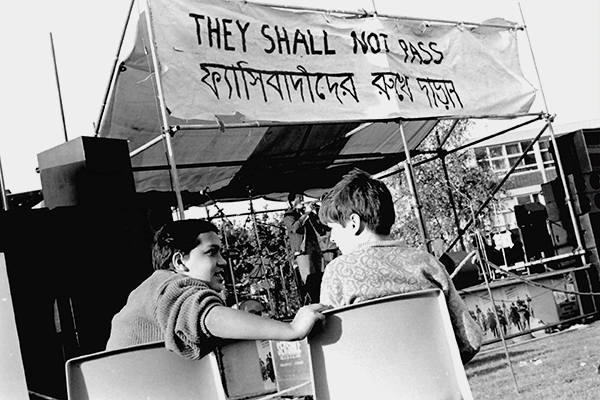
Terry Sullivan was a one off and will be remembered with affection by many. He leaves three children – Joanne, Paul and Rosy who were with him together with his companion Bertie Dangerfield when he died.
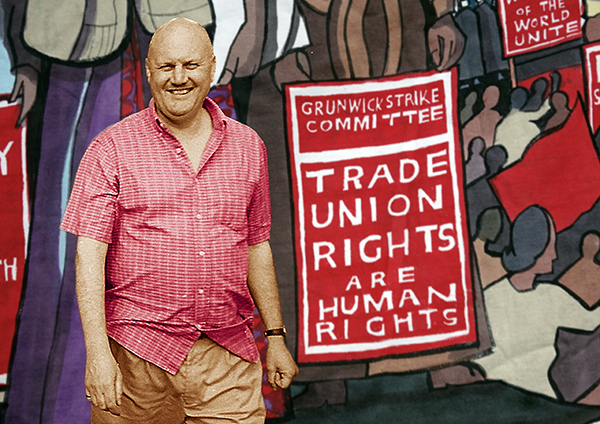
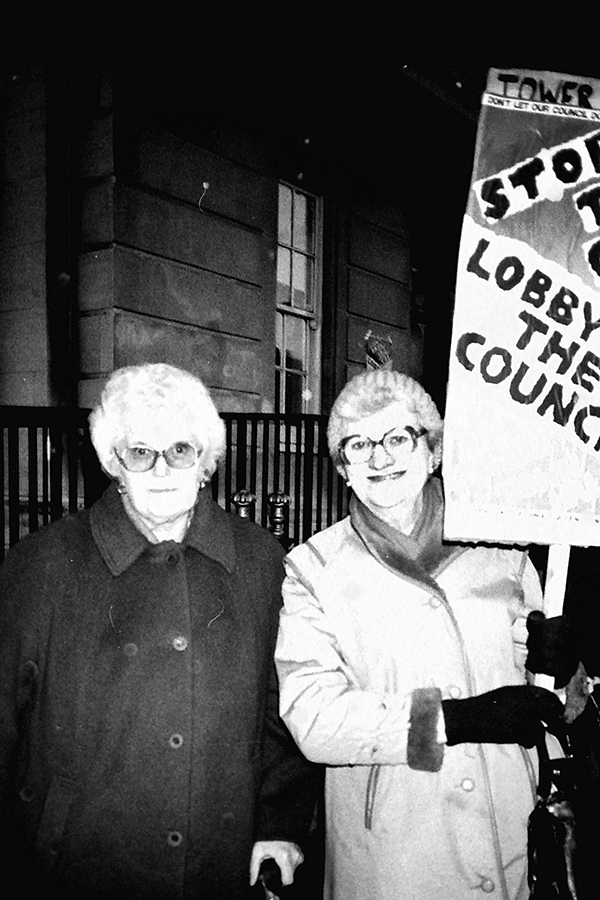

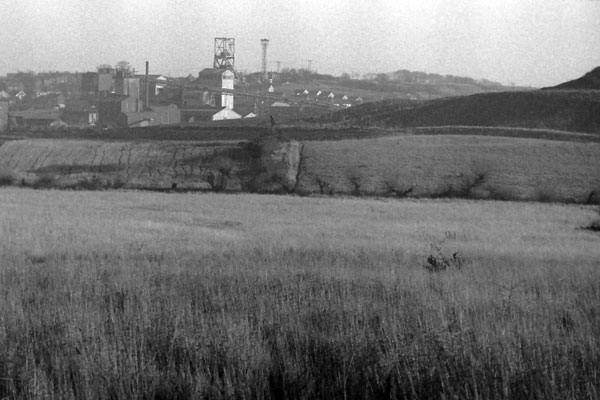
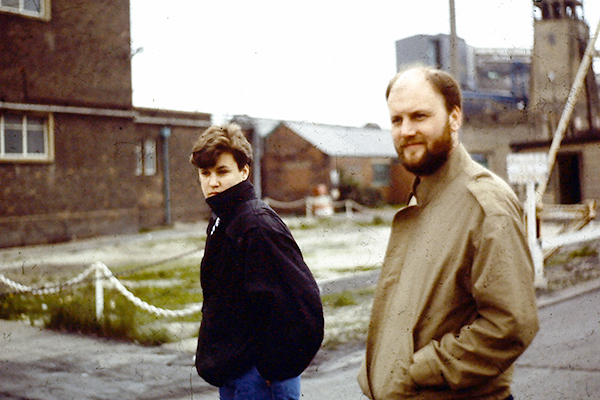
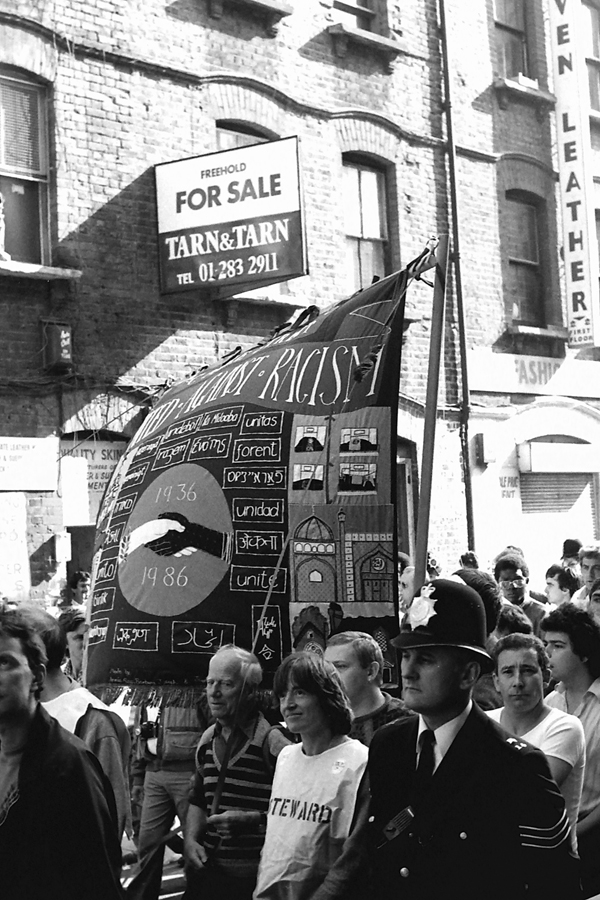
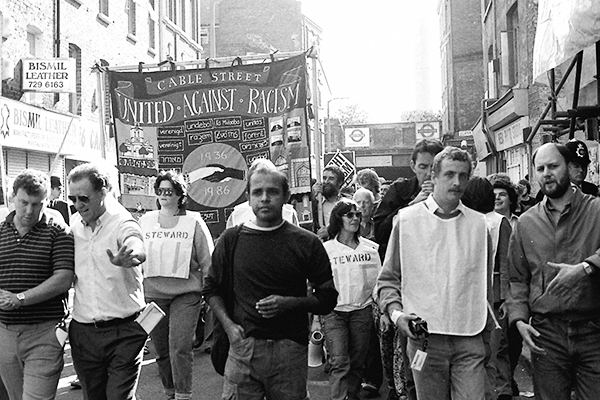
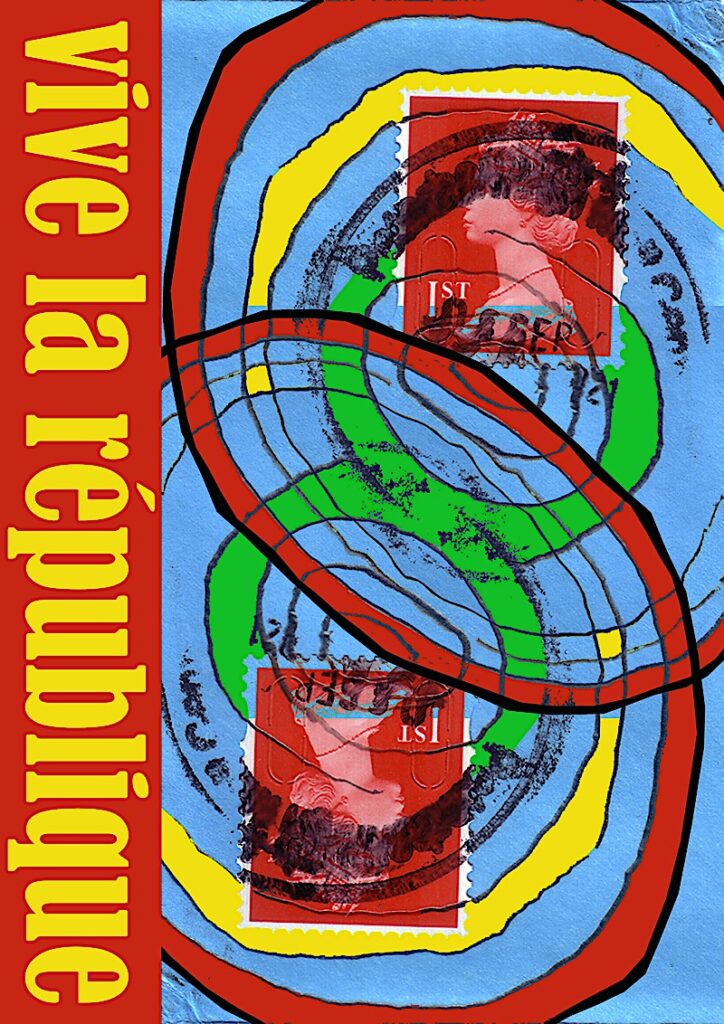
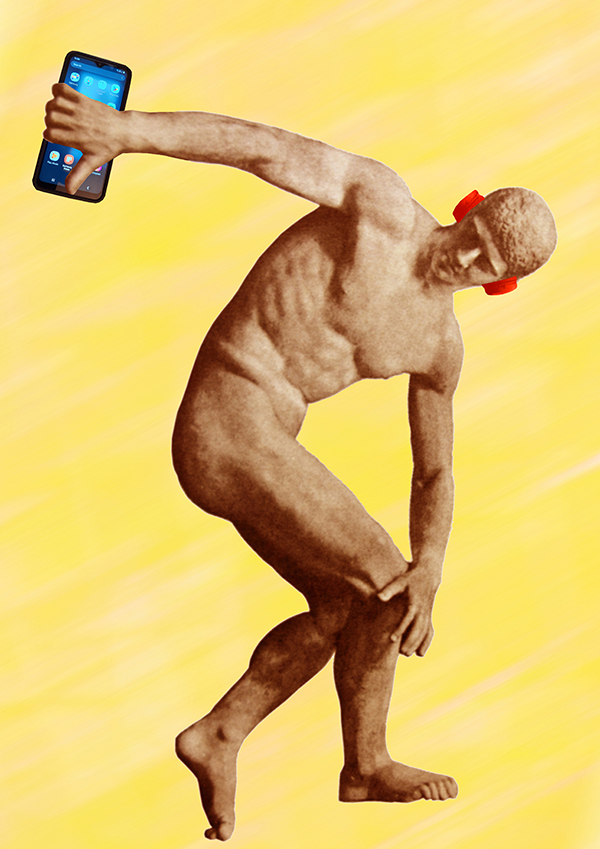

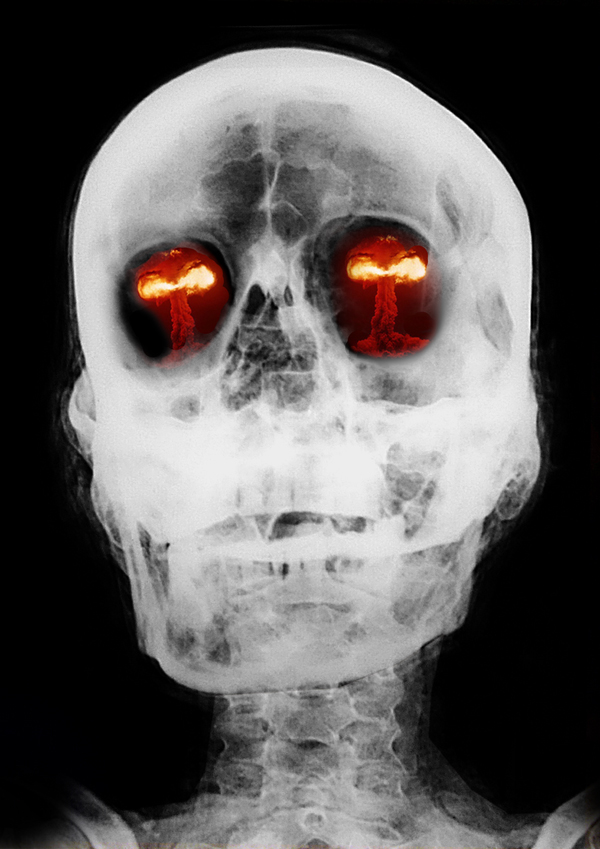

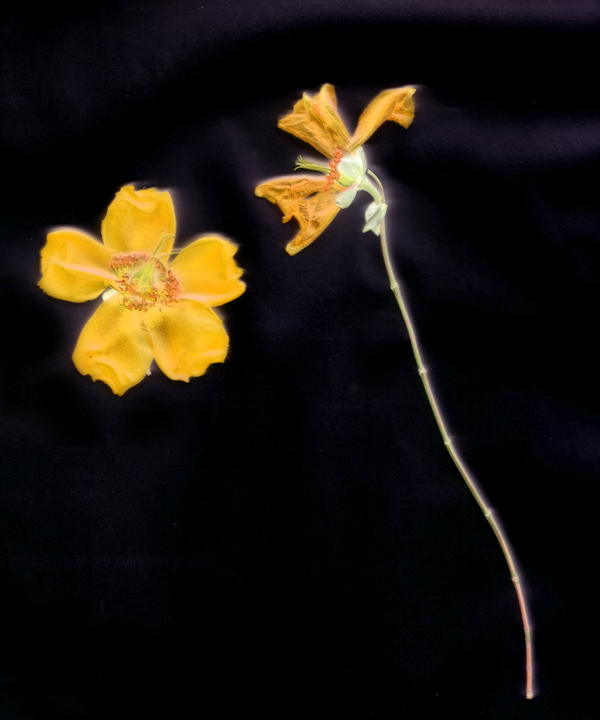
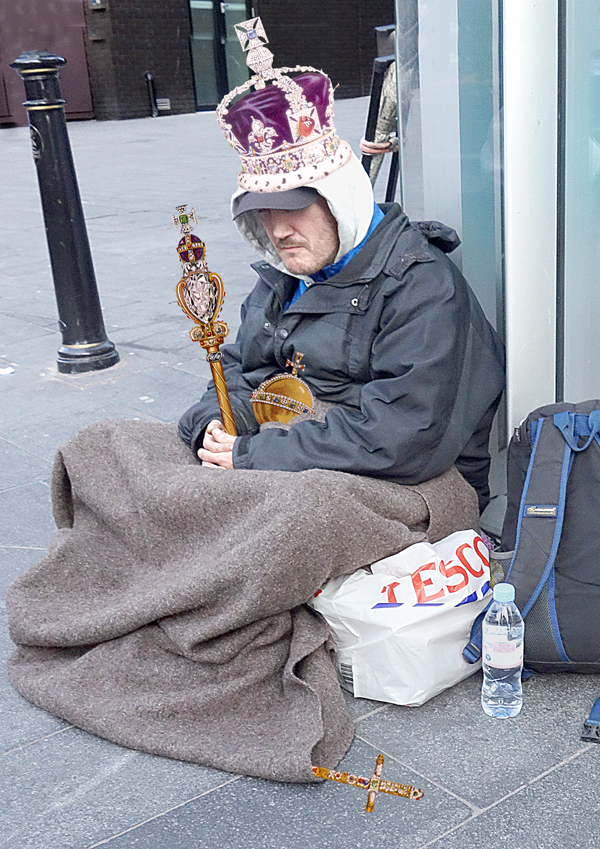

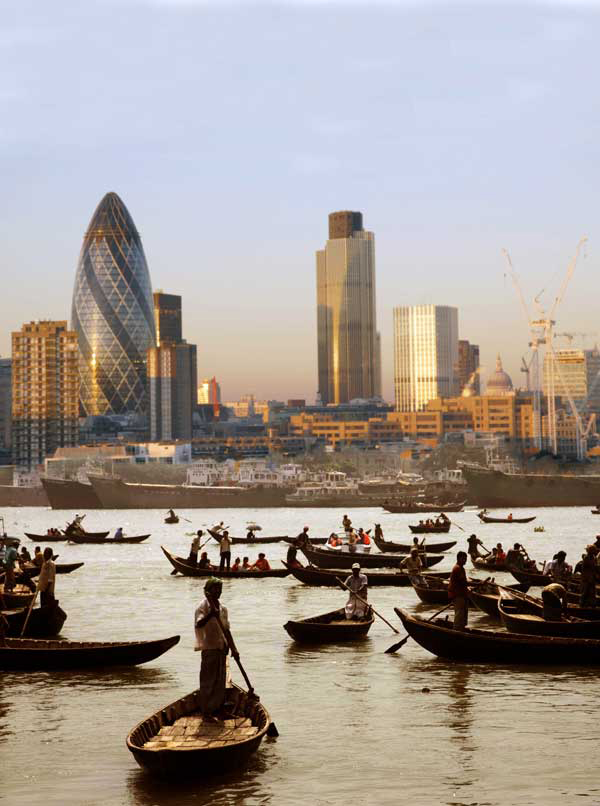
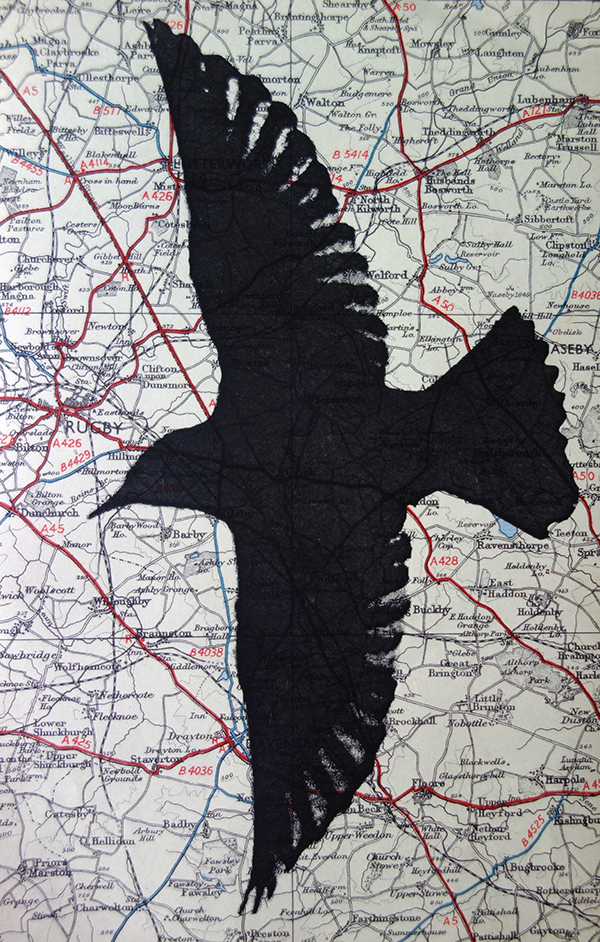

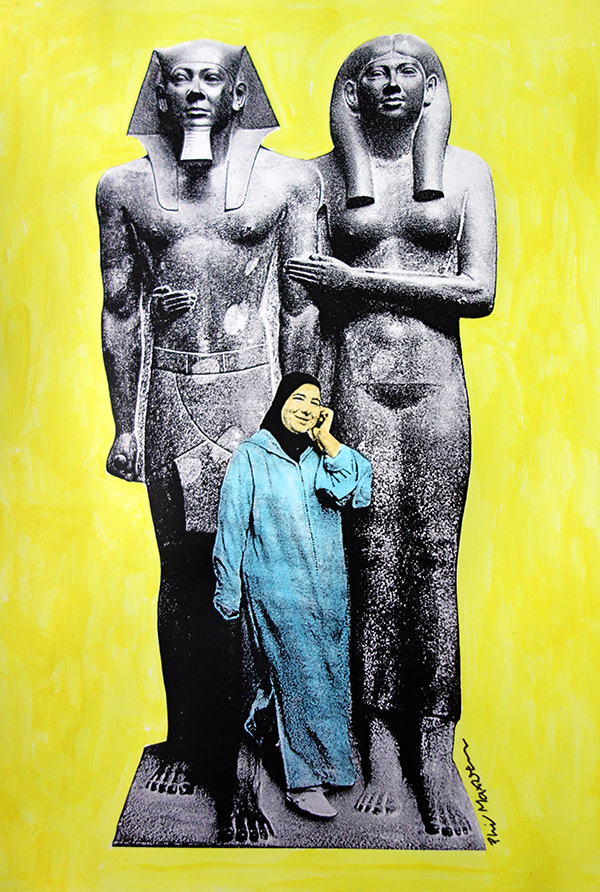
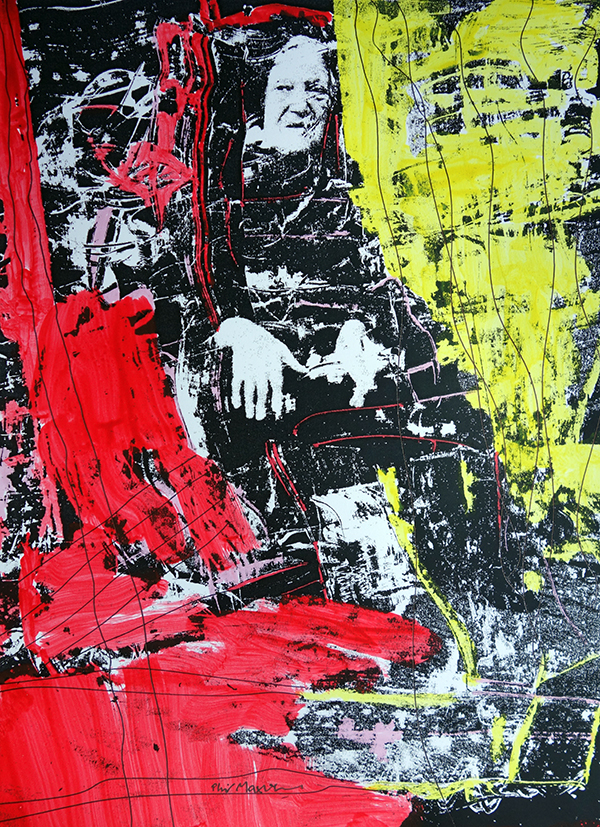
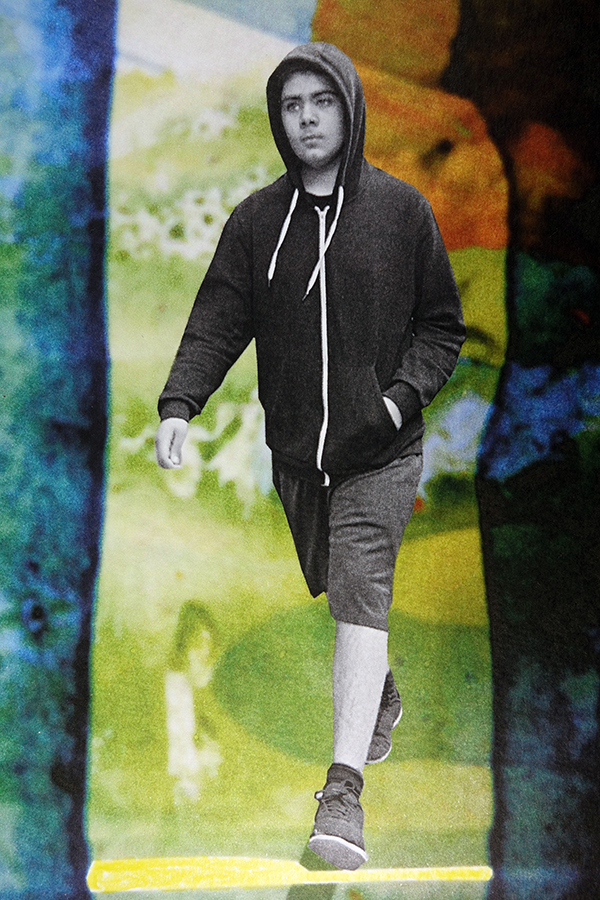
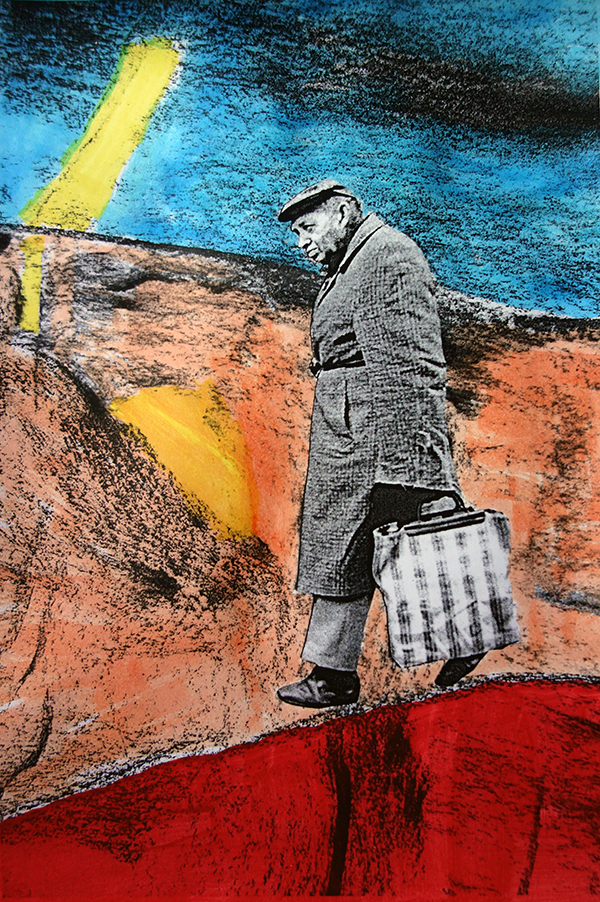
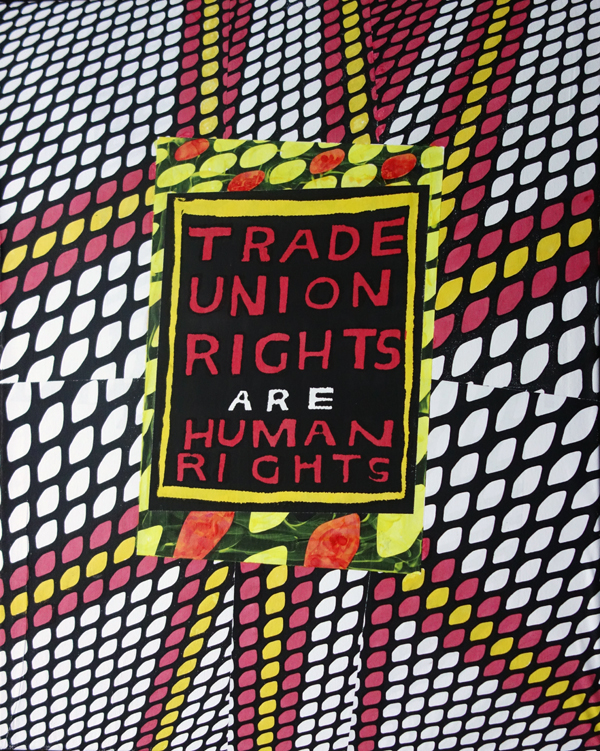
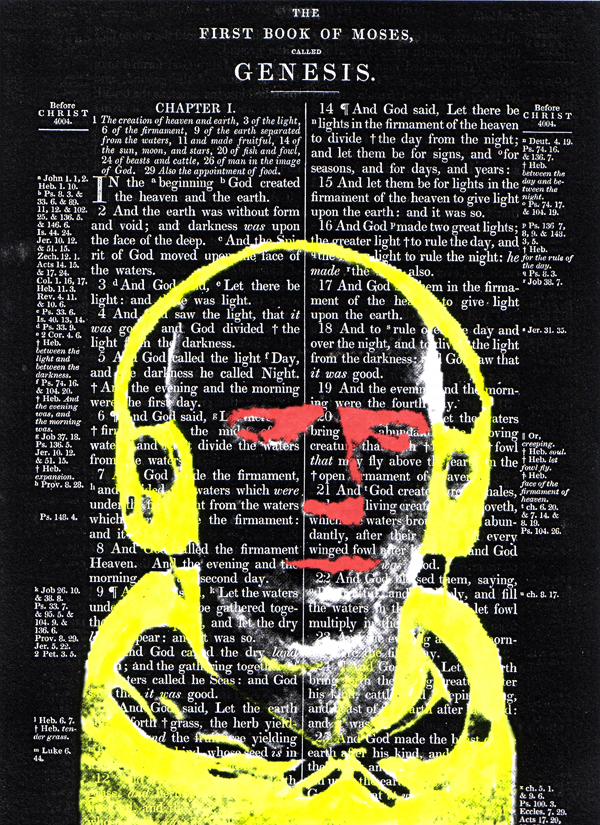
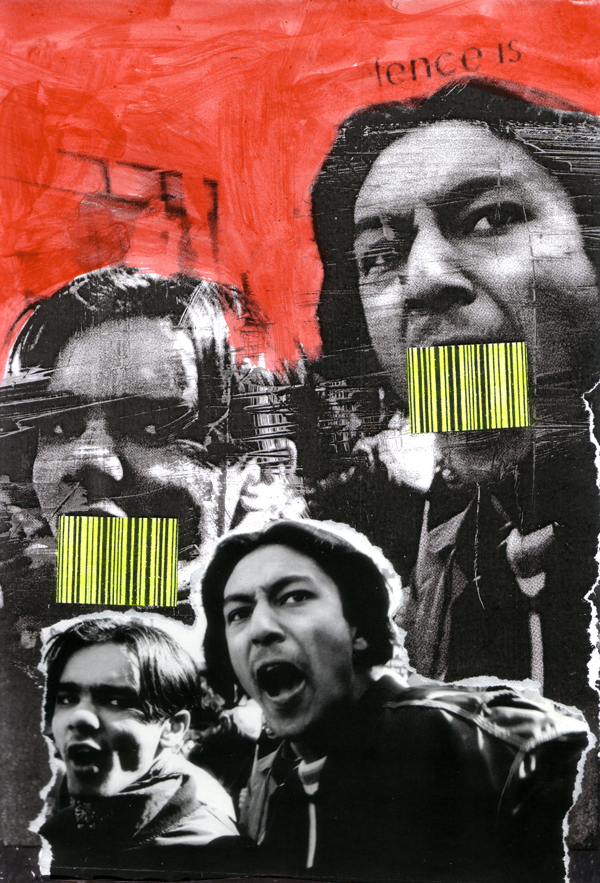
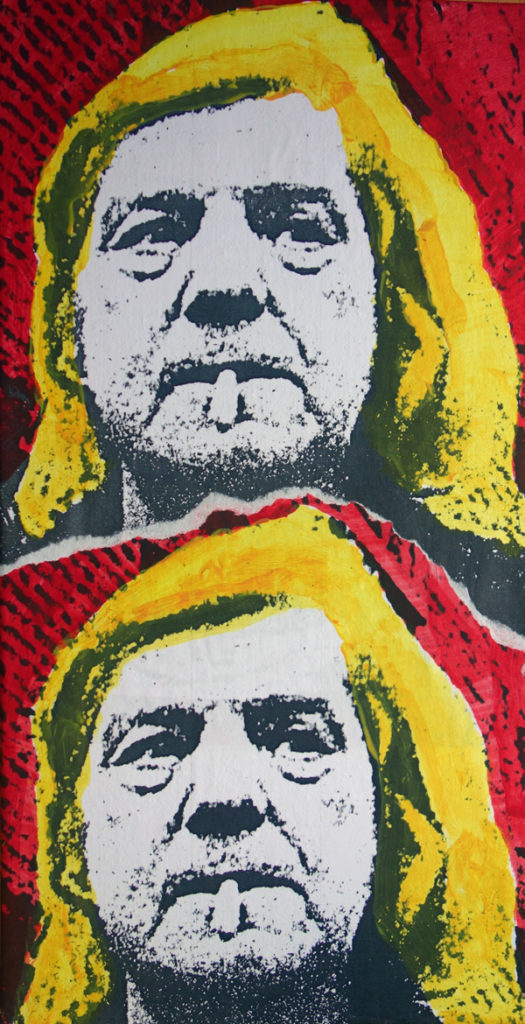
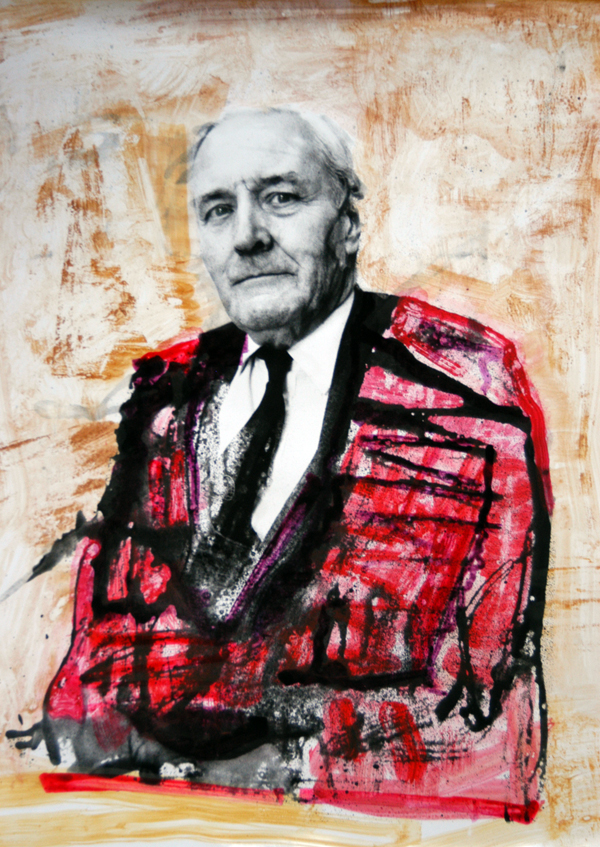
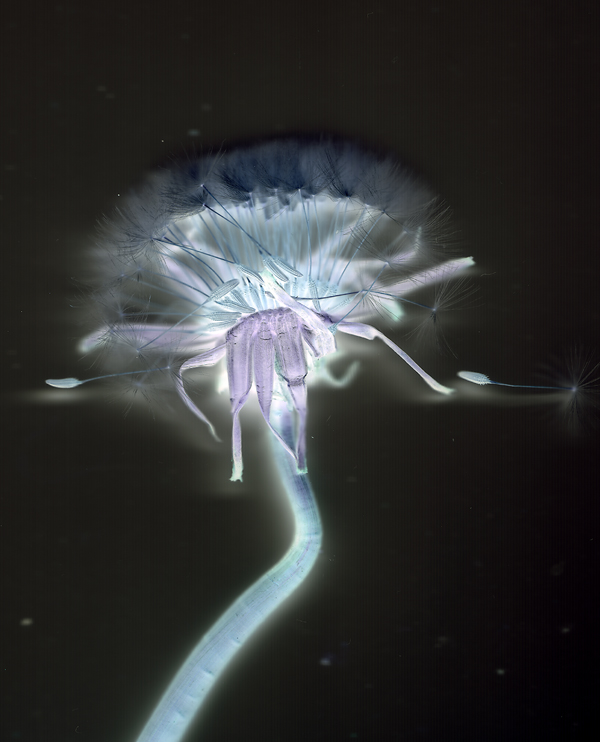
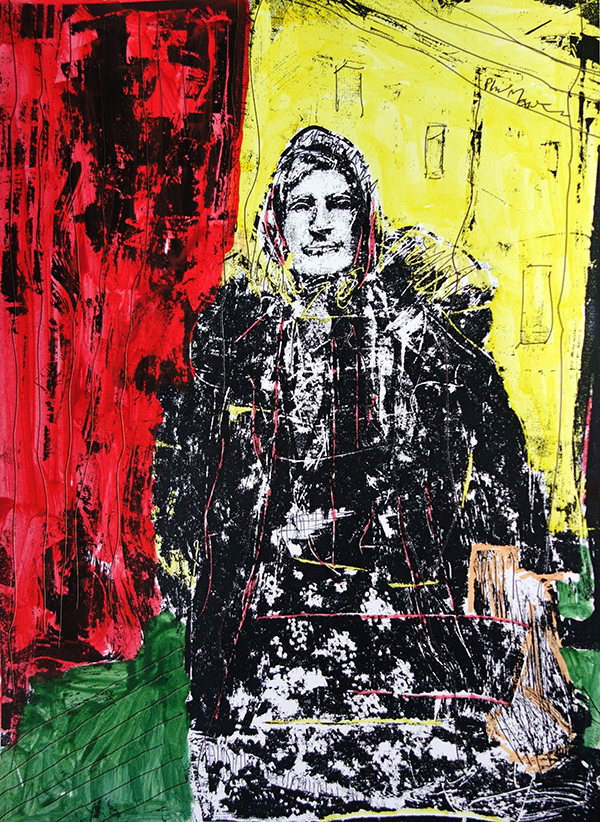
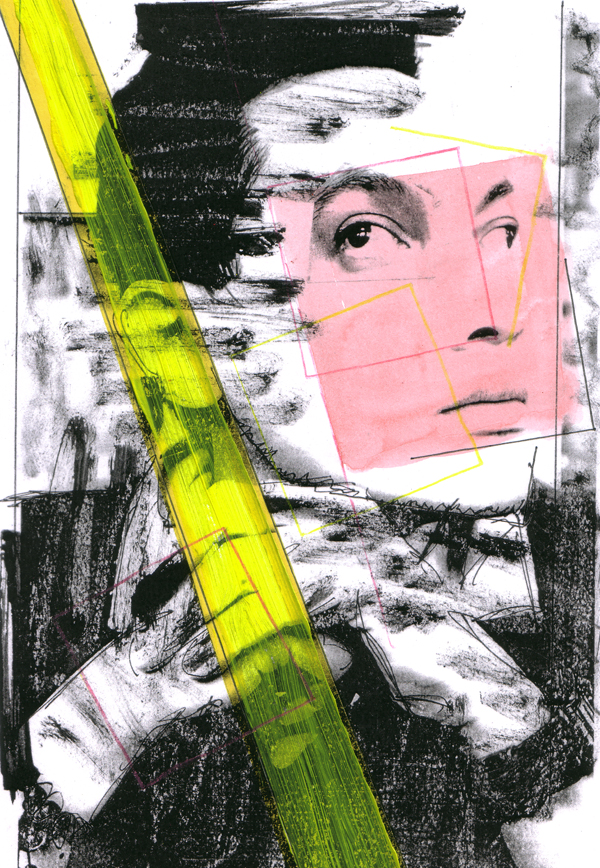
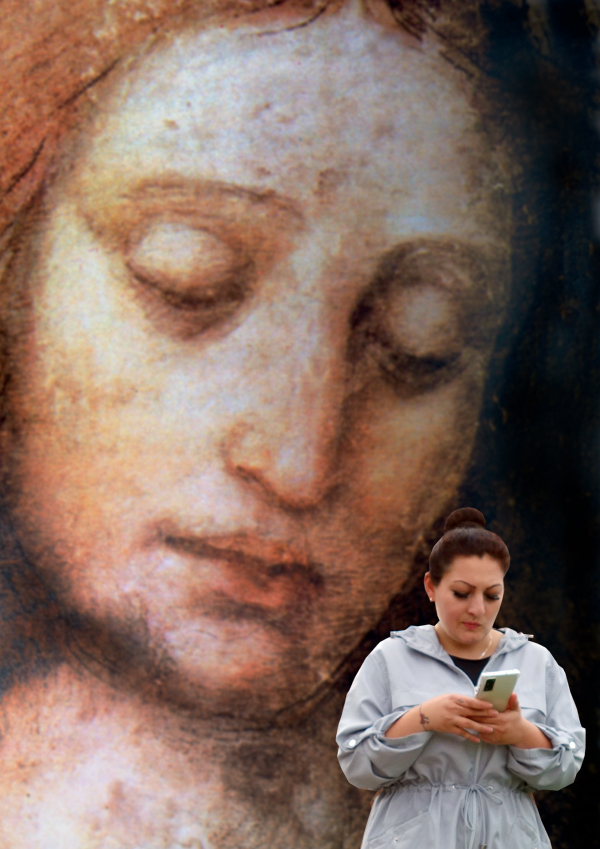

Perfectly summed up the Terry I knew.
During the caretakers dispute with the “Liberal” party in tower hamlets Terry was always their for me to listen & help in any way he could .
If there’s a picket line at the pearly gates Terry won’t be crossing it.
RIP My dear Friend.
What a guy!! I wish I’m met him.
A amazing article, Terry was a great Councillor, and like Phil had a few drinks with him in the salmon & Ball. Plus working with him while in the Council.
What a wonderful tribute for a charismatic and compassionate man. I spent a few Thanksgiving and July 4th celebrations courtesy of Andrea being entertained by Terry. A stand up comedian. Will be missed for his extraordinary contributions to making the world a better place. RIP Terry.